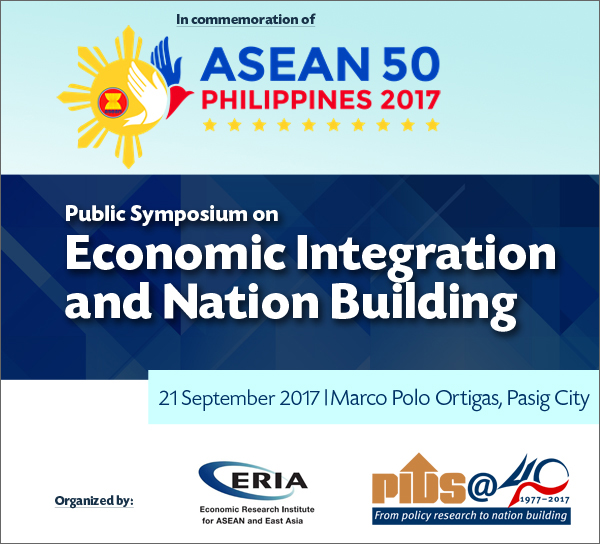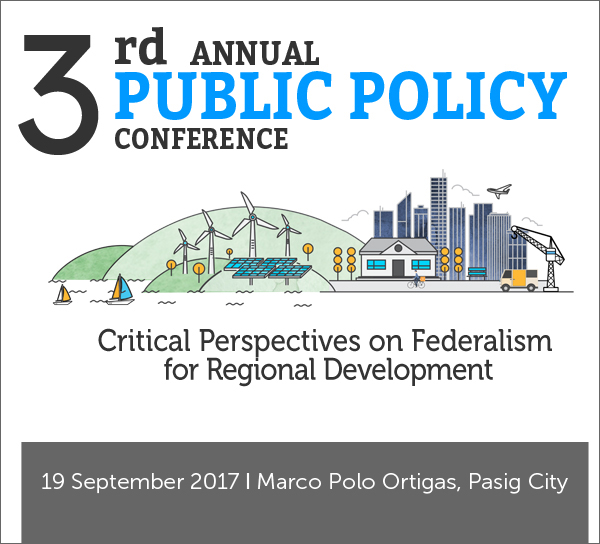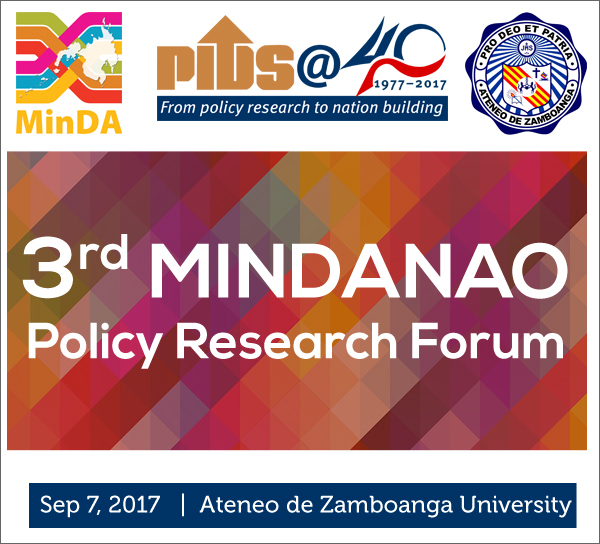Good Governance, Eased Regulations Key To AEC 2025 – Expert
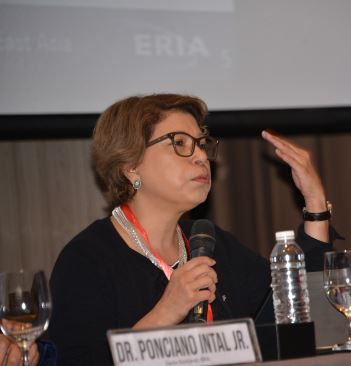
The event, which aimed at highlighting the opportunities and challenges in building the ASEAN Economic Community (AEC), was organized by state think tank Philippine Institute for Development Studies (PIDS) and Jakarta-based Economic Research Institute for ASEAN and East Asia (ERIA) in support of the 50th founding anniversary of the Association of Southeast Asian Nations (ASEAN).
According to Sta. Maria, a senior policy fellow at ERIA, part of good governance in the ASEAN context is making sure that governments have a strong relationship with the business community and this includes conducting regular consultations. “Programs involving micro, small, and medium enterprises, regular consultation with the business community—these provide voice to different sectors of society in the ASEAN,” she explained.
Experts On Federalism In PH: There Are No ‘Quick Fixes’
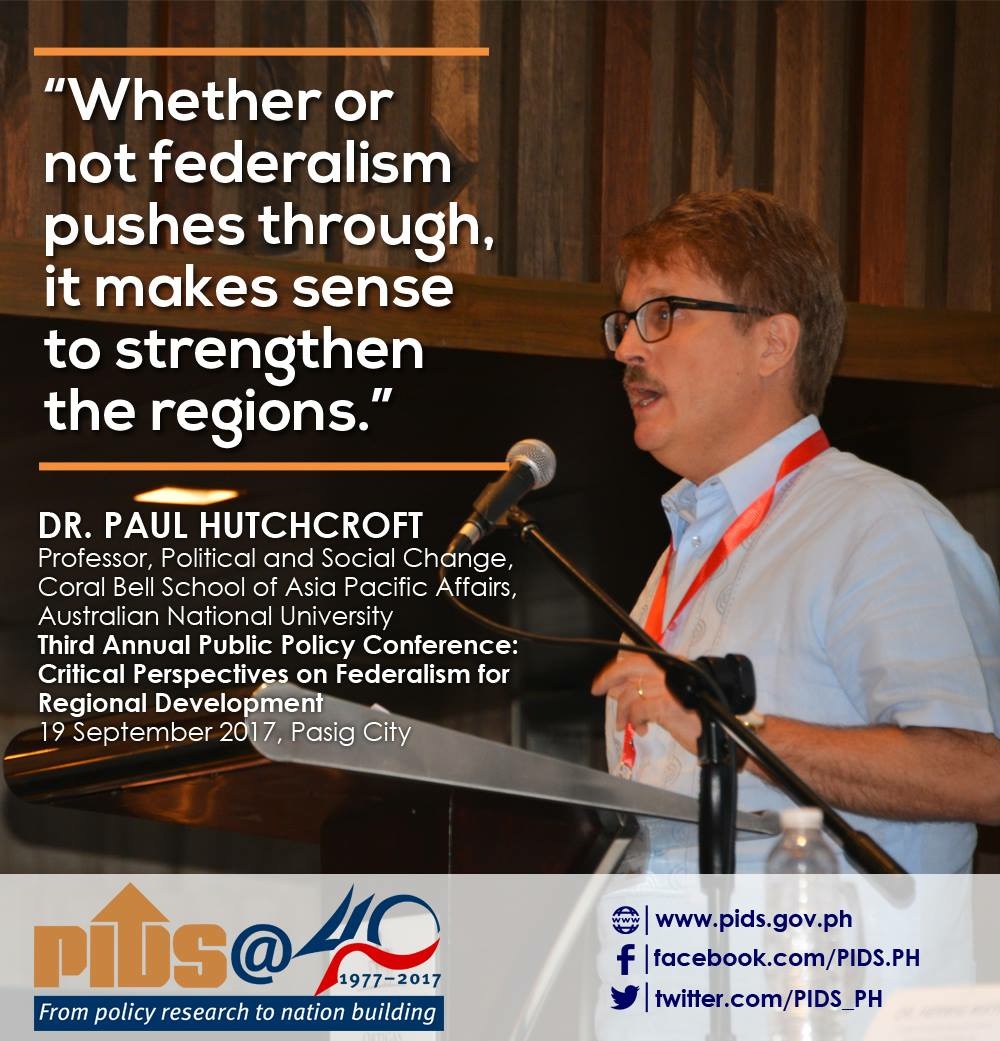
This was what international experts agreed during the third Annual Public Policy Conference (APPC) organized by the state think tank Philippine Institute for Development Studies held recently at the Marco Polo Hotel as part of the observance of the Development Policy Research Month.
“The Philippines is easily one of the most decentralized countries already within Southeast Asia, far more decentralized than federal Malaysia,” Australian National University Professor Paul Hutchcroft said.
He, however, added that there is much more to be done and consider if the country decides to shift to a federal form of government—a proposal that has gained traction since President Rodrigo Duterte assumed office in 2016 in a bid to solve the weak regional development and inefficient public service delivery in the country.
For one, stakeholders must remember that there is no one-size-fits-all kind of federalism, or major political reform for that matter, adding that the type of federalism to be adopted depends on the needs of the people and the preexisting political conditions in the country.
Analysts Warn Shift To Federalism Could Worsen Regional Inequality
 A shift to federalism at this time could worsen regional inequality given the existing highly imbalanced and inequitable political and economic development among regions, provinces, and cities across the country.
A shift to federalism at this time could worsen regional inequality given the existing highly imbalanced and inequitable political and economic development among regions, provinces, and cities across the country.In a forum organized by state think tank Philippine Institute for Development Studies (PIDS) titled “Critical Perspectives on Federalism for Regional Development” last September 19, economists and political analysts maintained that for federalism to succeed, persistent challenges in local governance and political economy issues must first be addressed.
The adoption of a federal form of government is touted by its proponents as a practical solution to persistent problems of poverty, inequality, and instability. It was one of President Rodrigo Duterte’s campaign promises. Currently, it has a strong support from members of the “super majority” at the House of Representatives.
PIDS Senior Research Fellow Rosario Manasan cautioned that federalizing the country without a strong fiscal equalization formula could worsen regional inequality. She noted that the risk is high given that the initial condition is bad to start with. Currently, revenues of local government units are concentrated in the National Capital Region (Metro Manila), and Regions III (Central Luzon) and IVA (CALABARZON). This situation, she said, requires equalization transfers to other states or regions under a federal system to offset differences in revenue-raising capacity or public service cost.


